Omicron wave keeps rising
In the previous wave of the coronavirus, which crested last August, Japan's daily case load climbed to a high of 25,992. On Wednesday, the number topped 90,000. Experts advising the Tokyo Metropolitan government say the surge in infections is straining the capital's medical system. They've raised the alert to the highest level on a four-point scale.
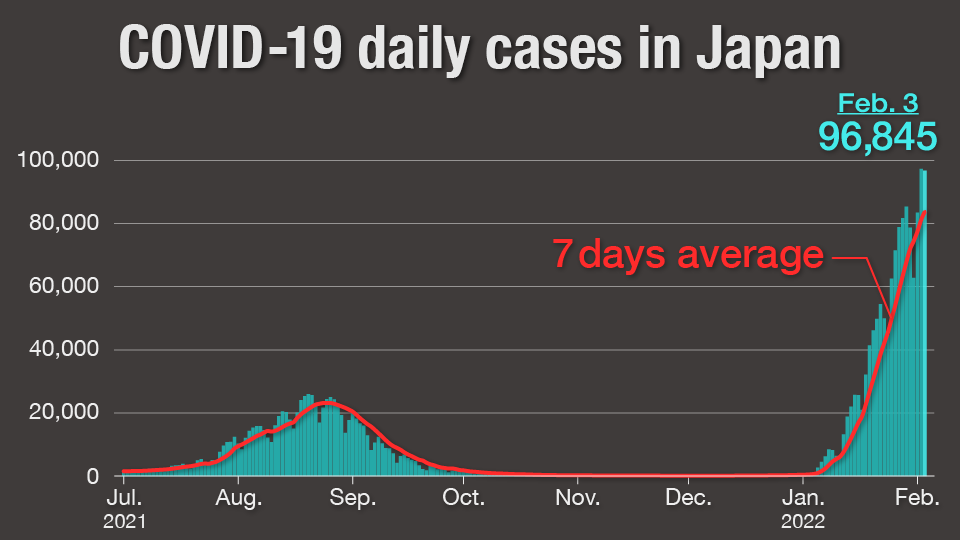
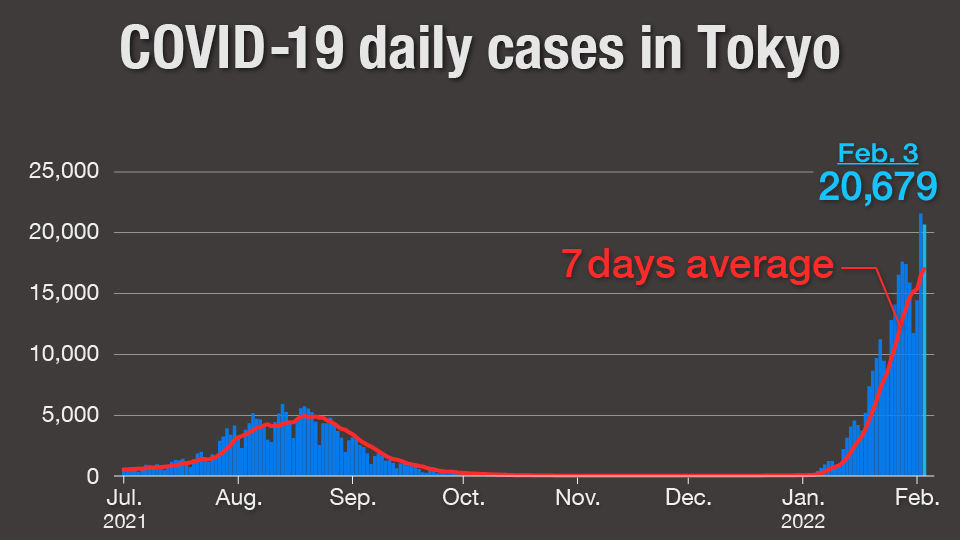
Japan's authorities are banking on the booster shot to turn things around. Clinical data suggests the third dose is key to ensuring the Omicron variant doesn't lead to serious illness.
The rollout began in December, with healthcare workers first in line. By the end of January, only 3.5 percent of the population had received a third dose.
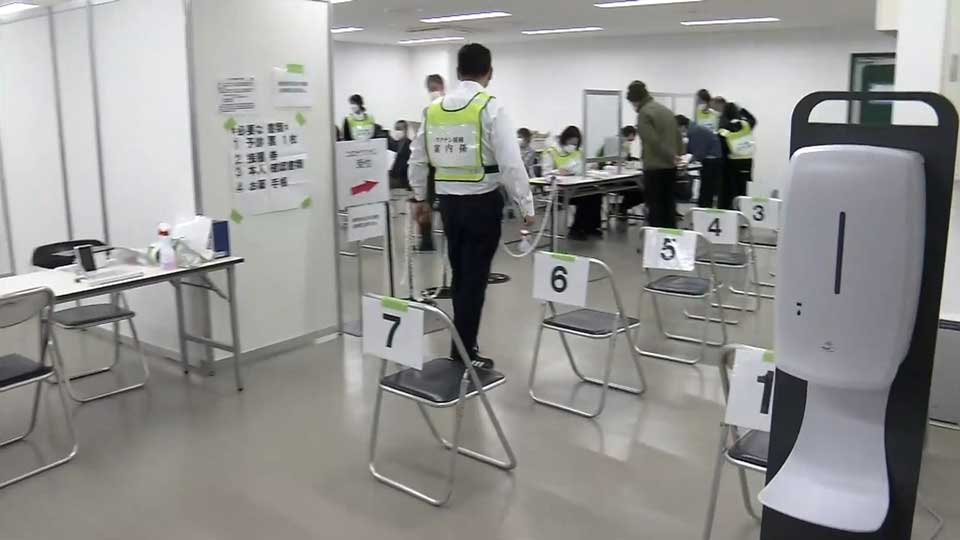
To accelerate the pace, the health ministry has asked local governments to give booster shots earlier than planned, shortening the window between doses. This month, more than 20 million people will become eligible.
But eligibility is only one of the hurdles. The authorities also need to persuade people that their booster doesn't need to come from the same company as their initial shots.
Switching makers
The Pfizer vaccine accounted for 84 percent of the first and second doses administered in Japan. But according to the government's plans, by the end of next month it will have offered more doses of the Moderna vaccine than the Pfizer version. The government says it will post out information to residents about the effectiveness and safety of using a different vaccine for the booster shot.
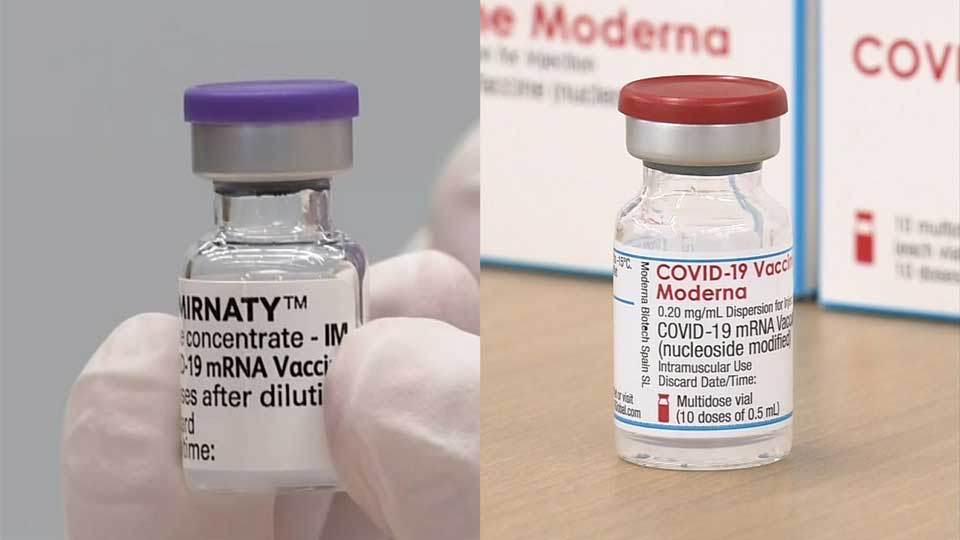
Doctor Shimizu Yasuki at a clinic in Tokyo's Meguro Ward, says a growing number of elderly patients are seeking his advice about changing vaccines for their third shot. Some are worried about the side effects of a vaccine they haven't received before. Others ask him which vaccine is better. Shimizu says some of his patients turned down the chance to get a Moderna shot immediately, saying they would prefer to wait until a slot for a Pfizer shot becomes available. Shimizu says his advice is to get a booster early, without worrying about whether it is Pfizer or Moderna.
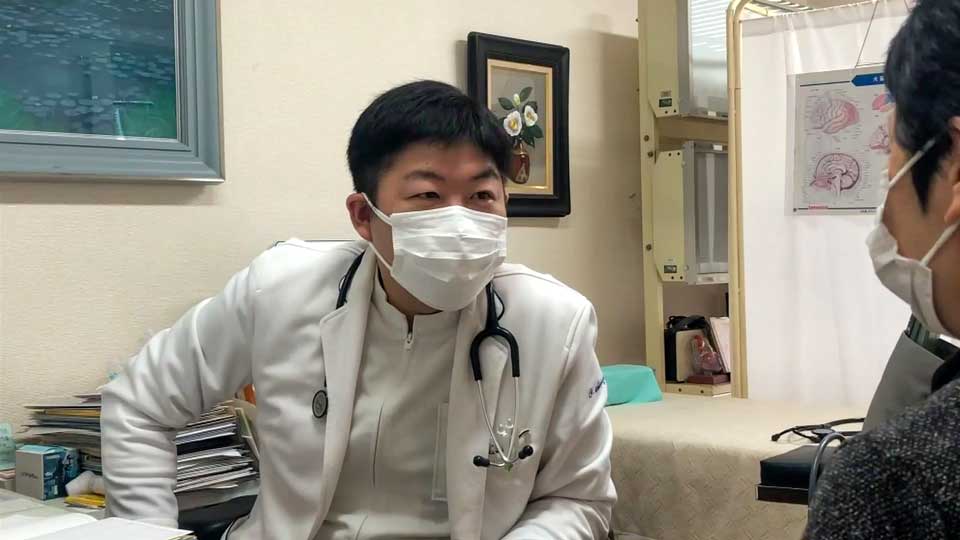
Project Professor Nakayama Tetsuo, an expert in clinical virology and vaccinations at Kitasato University, agrees. He says the Omicron variant is spreading rapidly in Japan, so people face a high risk of contracting the virus. "Getting a third dose will lower the risk of severe illness, so I advise elderly people or anyone with underlying conditions not to miss any chance to have the shot," he says.
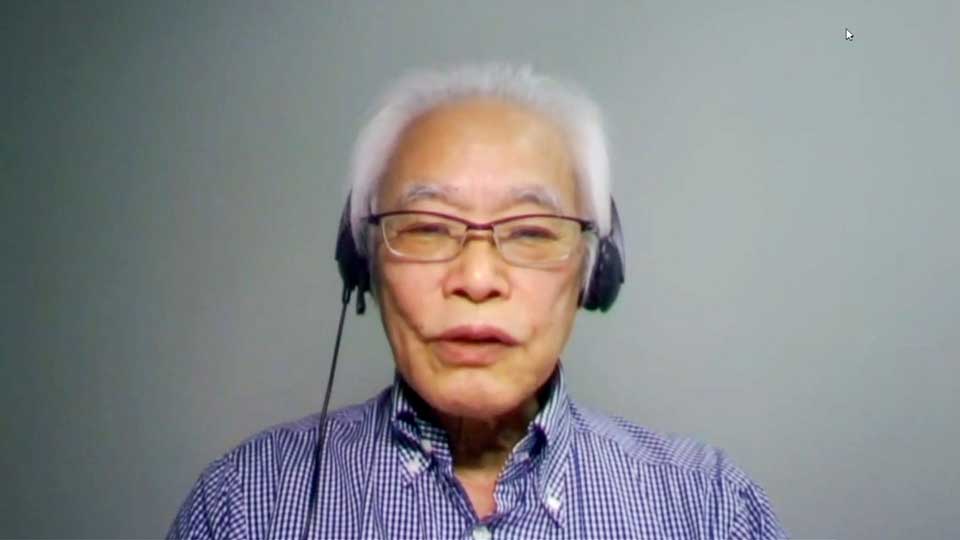
More seniors hospitalized
Ninety-eight percent of those who will become eligible for booster shots this month will be over the age of 65, the age group now seeing a rapid increase in infections in the capital.
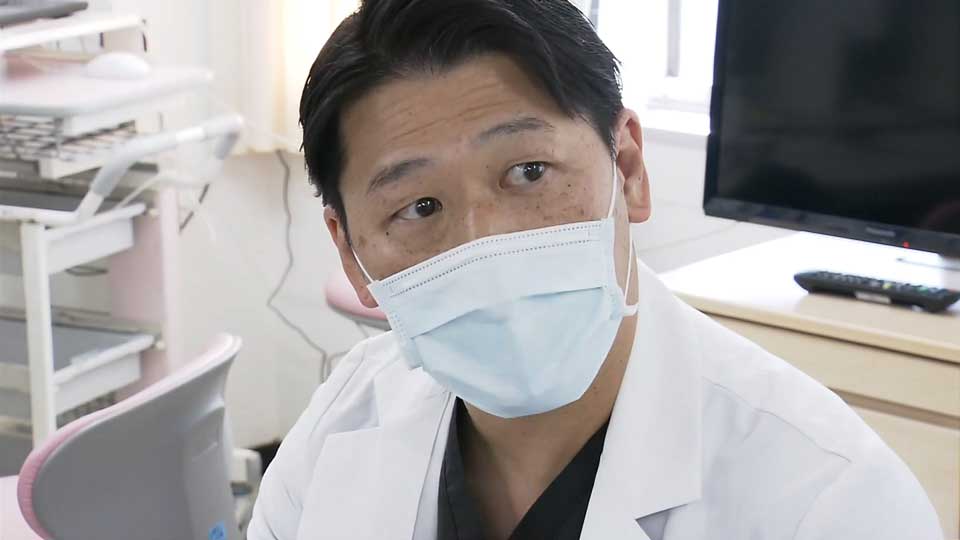
The Nihon University Itabashi Hospital in Tokyo's Itabashi Ward has set 60 beds aside for patients with moderate or severe COVID-19 symptoms. As of Tuesday, 35 of those beds were occupied by elderly patients. Doctor Hayashi Kentaro says early on in the Omicron wave, hospital staff dealt more with unvaccinated young people suffering minor symptoms, but now they get far more elderly who have been vaccinated. He says in some cases the infection has worsened their underlying condition, and there are concerns that more people will become seriously ill.
